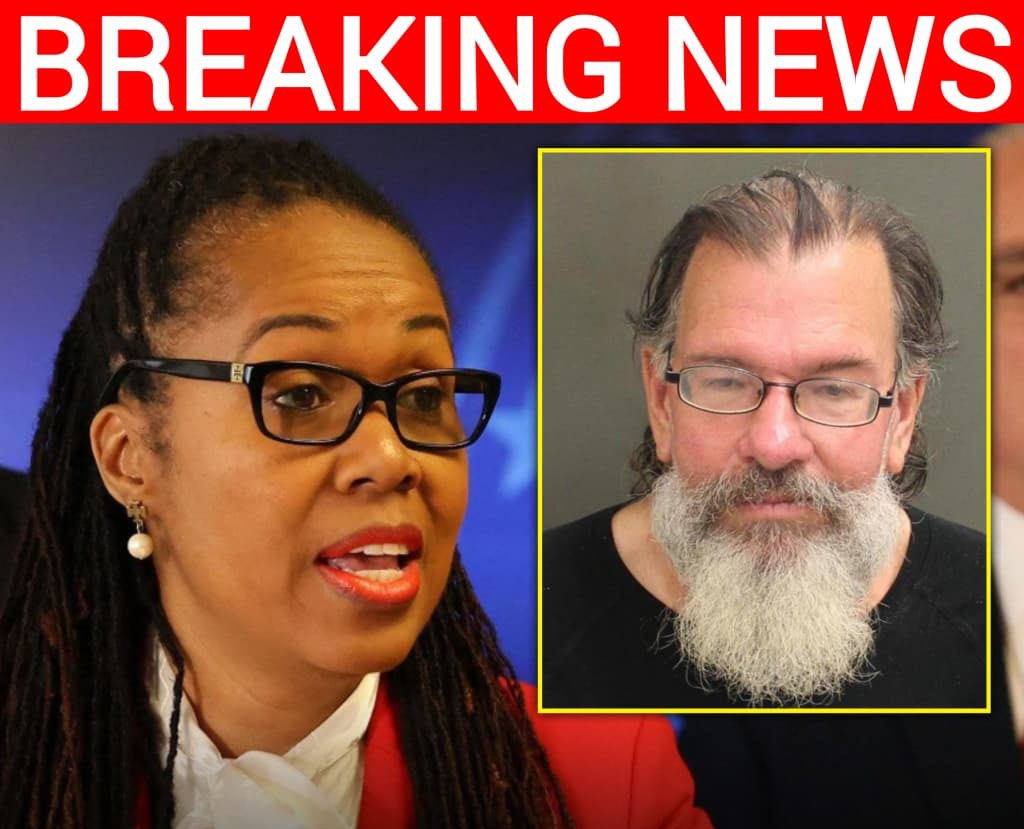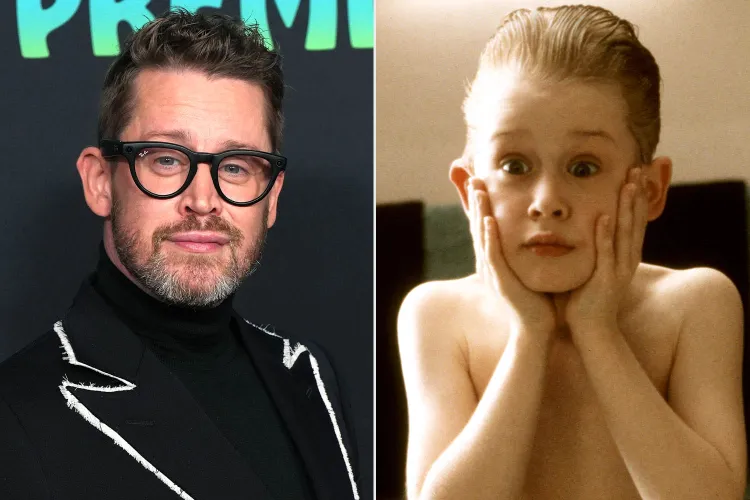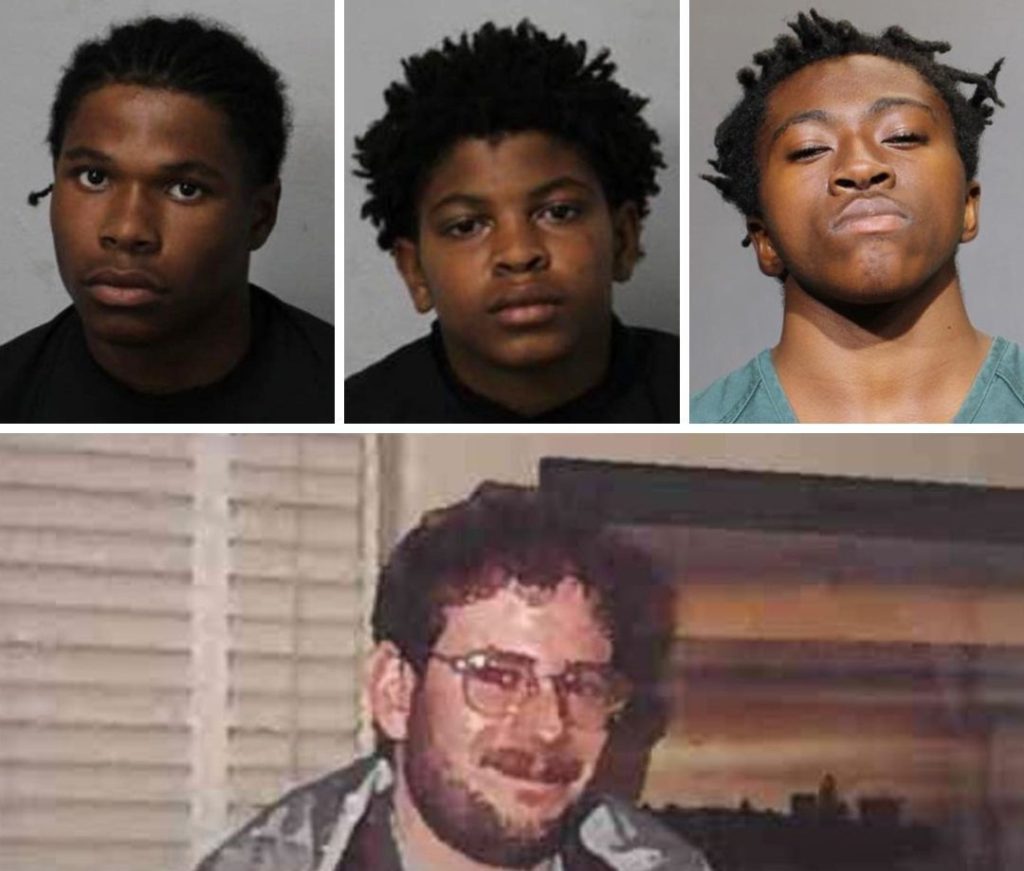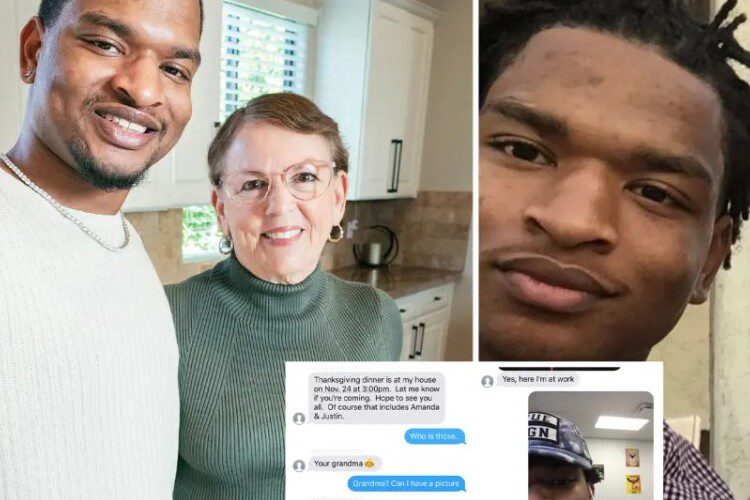State Attorney Monique Worrell Defends Dropping Charges in Park Exposure Case, Says Acts Were “Wrong But Not Illegal”
Florida has once again found itself at the center of a heated debate over justice, safety, and prosecutorial discretion. This time the controversy surrounds Monique Worrell, the elected State Attorney for Orange and Osceola counties, who is facing a wave of backlash after remarks she made about a disturbing case in Apopka. At Kit Land Nelson Park, police arrested a 61-year-old man accused of exposing himself near children at a splash pad. Witnesses reported the behavior as indecent and unacceptable, and parents were left shaken. But despite the arrest, Worrell’s office declined to bring charges, and her explanation is now igniting outrage across the state.
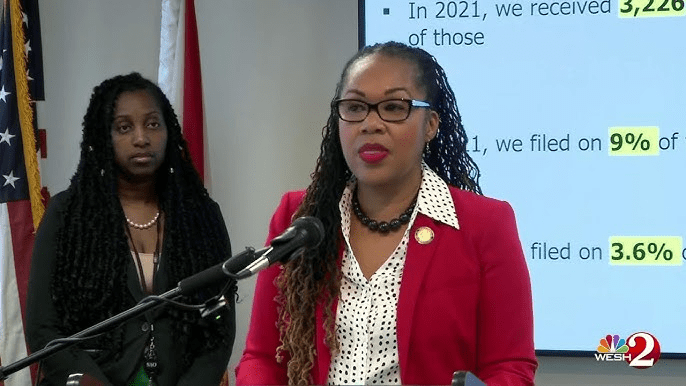
Speaking at a news conference, Worrell acknowledged the incident was disturbing, even calling the behavior “wrong,” but she argued it was not necessarily illegal under Florida law. Her exact words were: “All things that are wrong are not illegal. And I’m not standing before you today telling you that what happened in that park was not wrong. But I am standing before you today telling you that I trust the word of the attorney assigned to this case when he said although those actions were wrong, he could not prove beyond a reasonable doubt that they were illegal.”
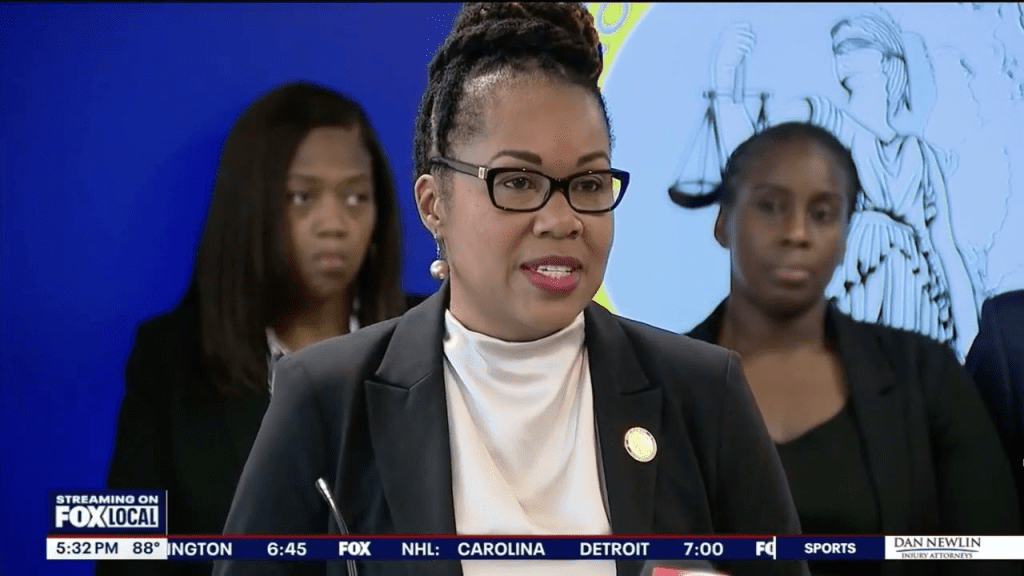
The statement was met with disbelief. Critics point out that Florida’s indecent exposure law, Statute 800.03, makes lewd acts in public, especially in front of children, a first-degree misdemeanor. Attorney General James Uthmeier has been especially vocal, saying that by dropping the case Worrell essentially gave the suspect “a free walk in the park.” He also accused her of failing to prosecute other serious offenses, including cases involving child pornography, and suggested that her office has developed a pattern of leniency that puts the public at risk.

For Worrell, this is not the first clash with state leadership. In 2023, Governor Ron DeSantis suspended her from office, citing her refusal to prosecute violent criminals and repeat offenders. Though she returned, her critics argue that she has not changed her approach. Her defenders, on the other hand, claim she is being targeted for political reasons and that her comments about the Apopka case were an honest acknowledgment of the legal limits prosecutors face.
Still, for many Florida parents, that explanation does little to calm fears. The idea that a prosecutor would admit indecent behavior around children is “wrong but not illegal” feels like a failure of common sense. Families want assurance that the law will be enforced, especially when children are at risk, and hearing otherwise has struck a nerve. The debate highlights a deep divide in how communities believe justice should be handled, with some prioritizing strict adherence to evidentiary standards and others demanding a tougher, more aggressive stance against anything that threatens public safety.
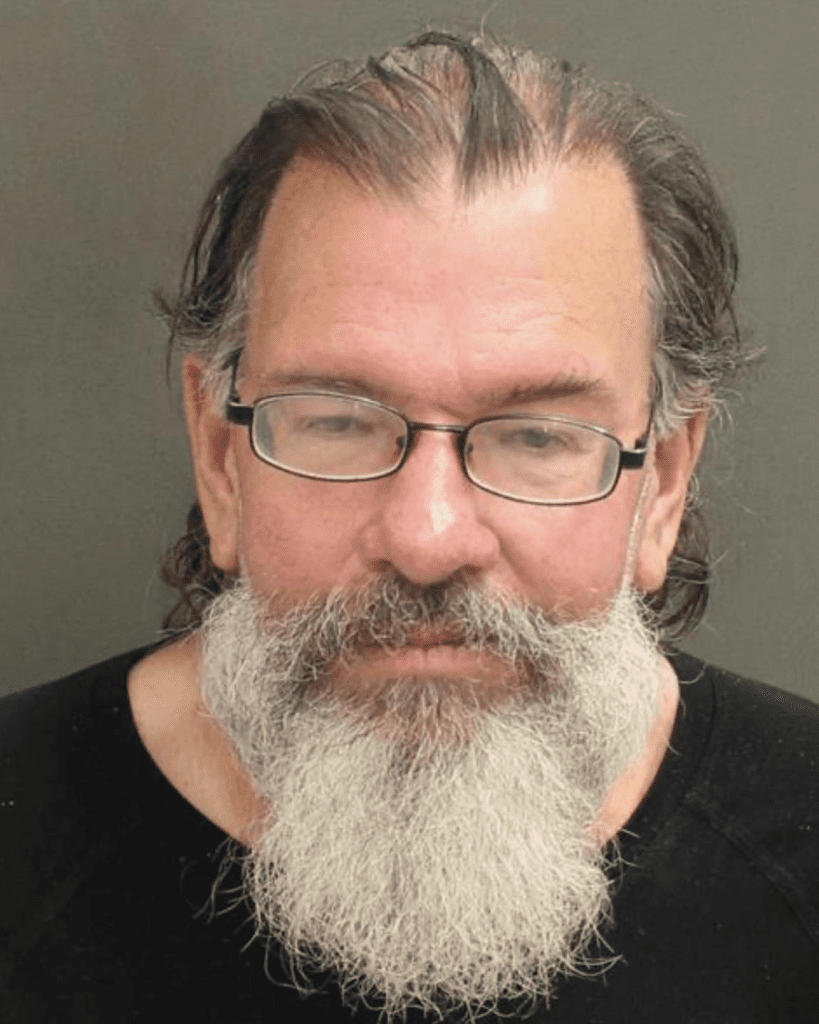
The fallout has been swift. Local residents, political leaders, and advocacy groups are demanding answers. Some are calling for Worrell to be suspended again, arguing that her approach undermines public trust in the justice system. Others insist that the state should revisit and strengthen laws around indecent exposure to make sure similar cases are not dismissed in the future.
What makes this moment particularly striking is how Worrell’s own words have become the center of the story. Her statement that “all things that are wrong are not illegal” has been replayed across television, radio, and social media, becoming a rallying cry for those who believe she is out of step with community values. To many, it was not just a legal argument but a signal that their children’s safety was not being prioritized.
As the controversy continues, one thing is clear: this case has pushed Monique Worrell into the spotlight once again, and it has reopened the broader conversation about how justice is applied in Florida. Whether she weathers the storm or faces renewed consequences will depend not only on political battles in Tallahassee but also on how everyday families feel about her ability to keep them safe.
